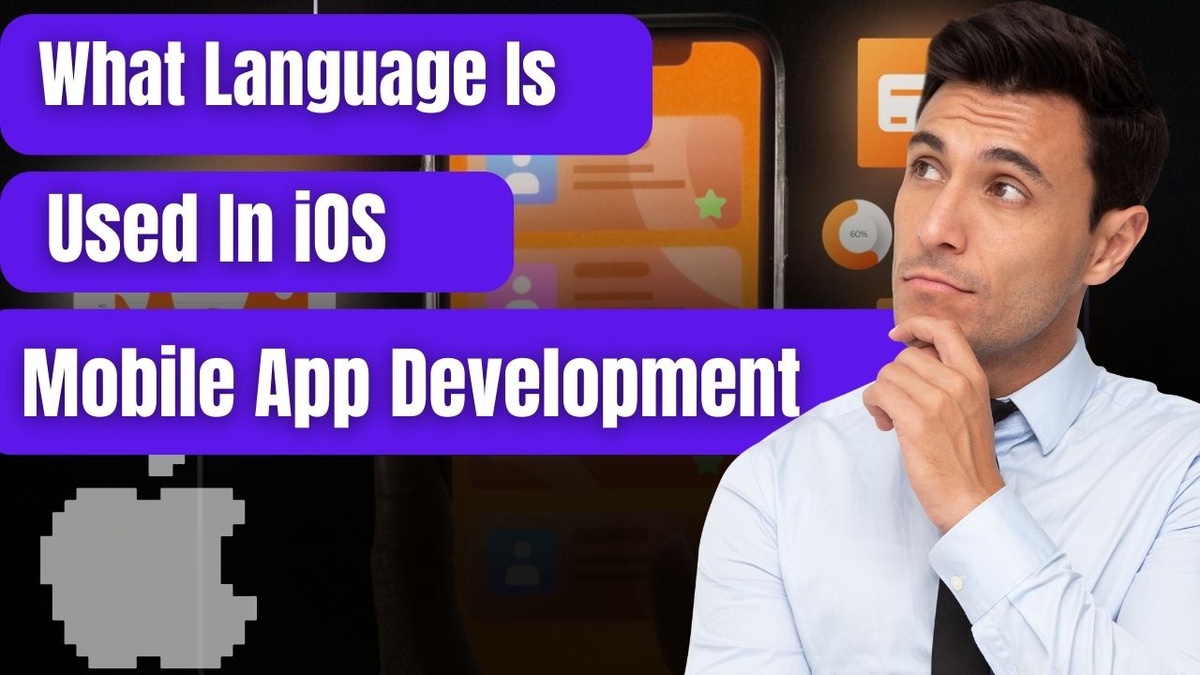The language you use to interact with your device is quite important when it comes to iOS Mobile App Development Services. Developers use certain programming languages to create apps for iOS devices, like as iPhones and iPads, in the same way that people use different languages to express their ideas and thoughts. Out of all the available languages, two stand out as the most popular ones for creating these virtual experiences: Objective-C and Swift.
Swift:
Swift, introduced by Apple in 2014, has swiftly (pun intended) become the go-to language for iOS development. With its modern syntax and powerful features, Swift offers developers an intuitive and efficient way to build robust applications. Its clean and concise code allows for faster development cycles, enabling developers to bring their ideas to life swiftly.
One of the significant advantages of Swift lies in its safety features. The language is designed to prevent common programming errors, such as null pointer dereferencing and array out-of-bounds errors, thus reducing the likelihood of bugs and enhancing the overall stability of the application. This focus on safety not only streamlines the development process but also ensures a smoother user experience.
Advantages:
-
Modern Syntax: Swift features a modern and intuitive syntax, making it easier for developers to read and write code compared to older languages like Objective-C.
-
Safety Features: Swift incorporates safety features such as optionals and type inference, reducing the likelihood of runtime errors and enhancing overall code reliability.
-
Faster Development: With its concise syntax and powerful features, Swift allows for faster development cycles, enabling developers to bring their ideas to fruition more swiftly.
-
Performance: Swift is designed for high performance, providing optimizations that can lead to faster execution times and improved app responsiveness.
-
Interoperability: Swift is fully interoperable with Objective-C, allowing developers to seamlessly integrate Swift code into existing projects and leverage existing Objective-C libraries.
-
Community Support: Swift has a growing and vibrant community of developers who actively contribute libraries, frameworks, and resources, making it easier for developers to find solutions to common problems and accelerate development.
-
Continuous Evolution: Apple continuously updates and improves Swift, introducing new features and enhancements with each release, ensuring that developers have access to the latest tools and technologies to build cutting-edge applications.
-
Cross-platform Compatibility: Swift is not limited to iOS development; it can also be used to build applications for macOS, watchOS, and tvOS, providing developers with a versatile and unified language for all Apple platforms.
-
Open Source: Swift is open source, allowing developers to contribute to its development and gain insights into its implementation, fostering collaboration and innovation within the community.
-
Future-proofing: By adopting Swift, developers future-proof their applications, ensuring compatibility with upcoming iOS updates and technologies while also taking advantage of the language's modern features and performance optimizations.



No comments yet